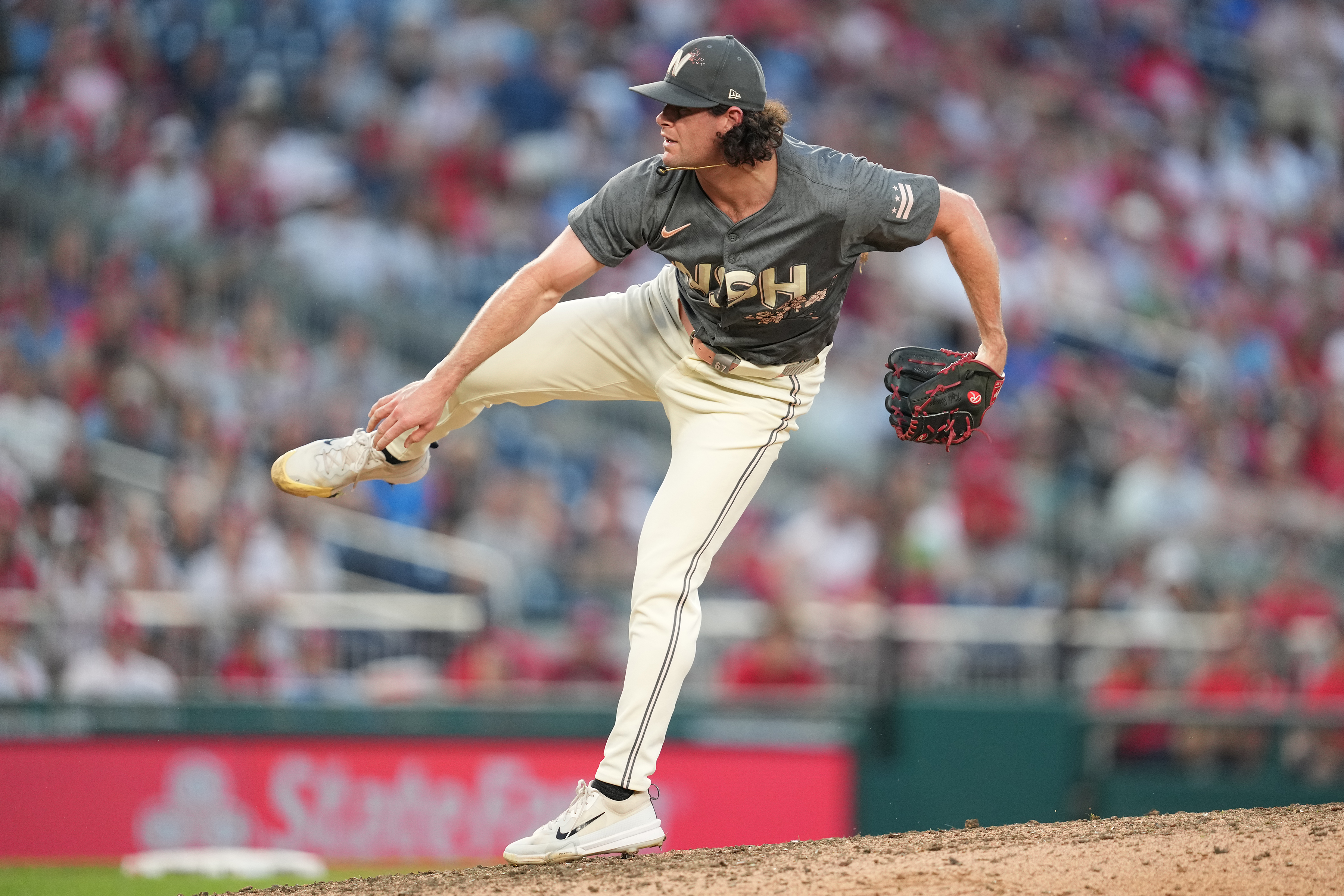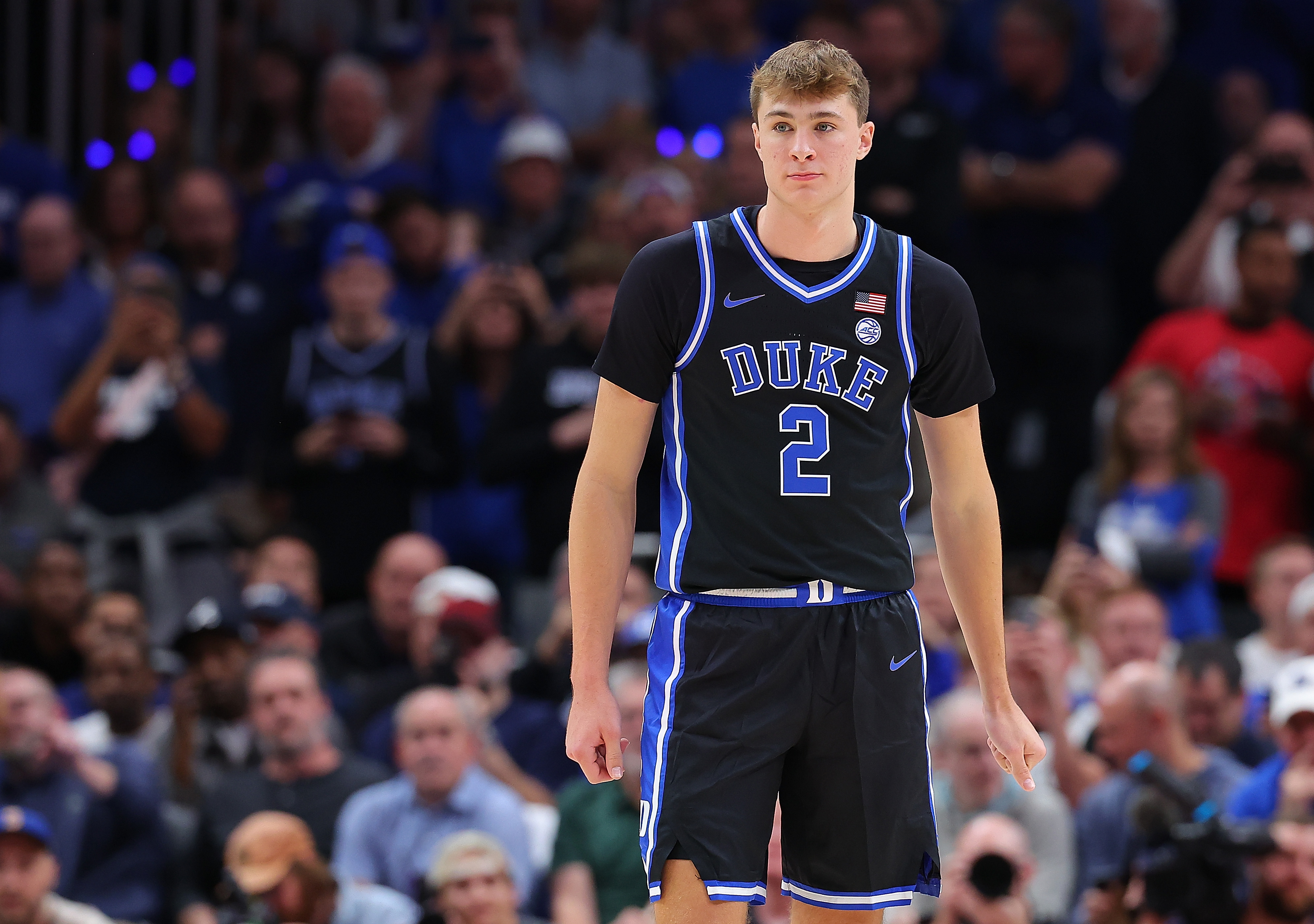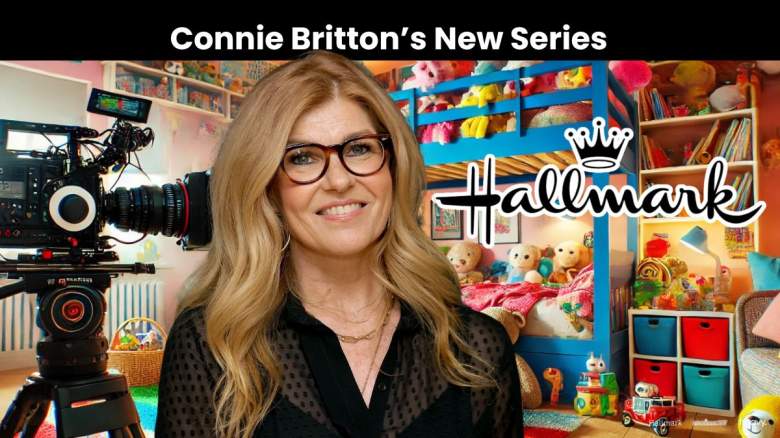With just a week before negotiations begin on a global treaty on plastic waste, the U.S. Environmental Protection Agency has released its National Strategy to Prevent Plastic Pollution, which the agency said aligns with the goal of "an ambitious international agreement."
The EPA strategy released Thursday calls for improved measurement of the harm from plastic waste and an extended producer responsibility, or EPR, framework. In an EPR, companies that make or use plastic pay to improve waste collection and recycling.
But the EPA strategy does not rest solely on recycling. The strategy also aims to "reduce the production and consumption" of single-use plastic products.
"From reducing cancer-causing pollution from plastic manufacturing facilities, to increasing industry's accountability to take back recycled plastic packaging, to capturing waste before it ends up in our bodies and the environment, this strategy lays out the path forward," EPA Administrator Michael Regan said in a statement.

The agency's strategy drew generally supportive responses from many plastics and packaging companies and business organizations involved in efforts to reduce plastic waste. However, some industry responses also pointed to fault lines on what are likely to be the most contentious issues at the United Nations treaty talks beginning next week in Busan, South Korea.
A spokesman for the global packaging company Amcor, which makes packaging for a range of food, beverage and health products, told Newsweek via email that the company is "encouraged by the focus on providing resources to local governments" to improve recycling and waste collection systems.
"Strengthening recycling infrastructure is one of the most important investments we can make toward a sustainable future and this includes well-crafted bottle deposit legislation," Amcor Rigid Packaging President Eric Roegner said, adding that such a system would keep more PET plastics (polyethylene terephthalates) used in bottles and jars in circulation and out of the environment.
Environmental NGO World Wildlife Fund, which has organized dozens of major companies in a Coalition for a Global Plastics Treaty, praised the EPA announcement.
"We welcome this new U.S. government strategy, which reflects increased ambition and action to address how plastic products are made, used and recycled in the U.S.," Alejandro Pérez, WWF's senior vice president, policy and government affairs, told Newsweek via email.
Pérez noted that some of the EPA proposals, such as EPRs, are already gaining traction in some states.
The Solid Waste Association of North America (SWANA) represents some 10,000 public and private sector professionals in solid waste management from Canada to the Caribbean. Its statement on the EPA strategy emphasized the global reach of plastics and the need for international action.
"Global cooperation is important to the success of decreasing plastic pollution," SWANA Executive Director and CEO Amy Lestition Burke said.
SWANA and Amcor are part of the U.S. Plastics Pact, an organization representing companies along the plastic value chain that are working on a circular economy approach to plastics.
Several other large makers of primary plastics, including BASF, Dow and Exxon Mobil, are represented by the trade group America's Plastic Makers. That group supported some parts of the EPA strategy but was critical of proposals to reduce plastic production.
"Some components of the agency's strategy could inadvertently lead to the outsourcing of U.S. manufacturing," Ross Eisenberg, president of America's Plastic Makers, said in a statement. "We urge the Administration to carefully consider the potential unintended consequences of policies that prescribe alternatives to plastics."
That statement points to one of the most difficult items negotiators will wrestle with in the upcoming treaty talks: a cap on the production of virgin plastics.
Several researchers who study the plastic waste issue say that while there is no single solution to the problem, a cap on production of new plastic is a critical component of successful policy to reduce pollution.
In a study published earlier this month in the journal Science, researchers projected that on our current trajectory, the world will nearly double the flow of unmanaged plastic waste by 2050. But a combination of a few policies could cut that waste by 90 percent. Those policies include a cap on new plastic production at 2020 levels.
"The best way to flatten that curve is to put some sensible limits on production," study co-author and University of California, Santa Barbara, professor Douglas McCauley told Newsweek in an interview before the study's release.
The UN talks on a global plastic waste treaty are scheduled to conclude December 1. On December 4, Newsweek will convene a panel discussion with experts from industry and academia with analysis of the treaty and examples of ways some companies and communities are acting to cut plastic pollution. Use this link to register for the livestream broadcast.




















 English (US) ·
English (US) ·